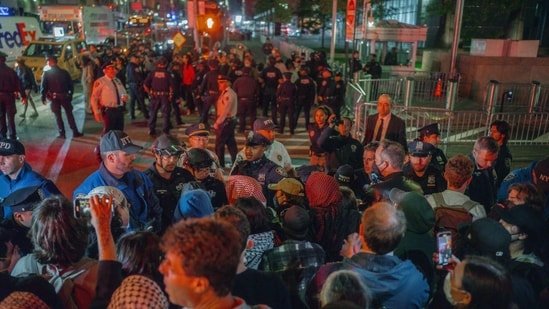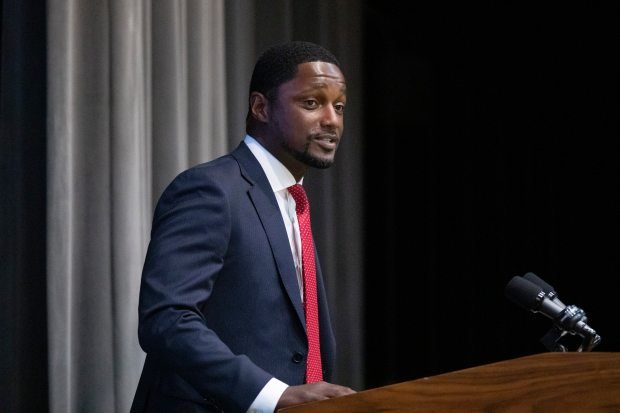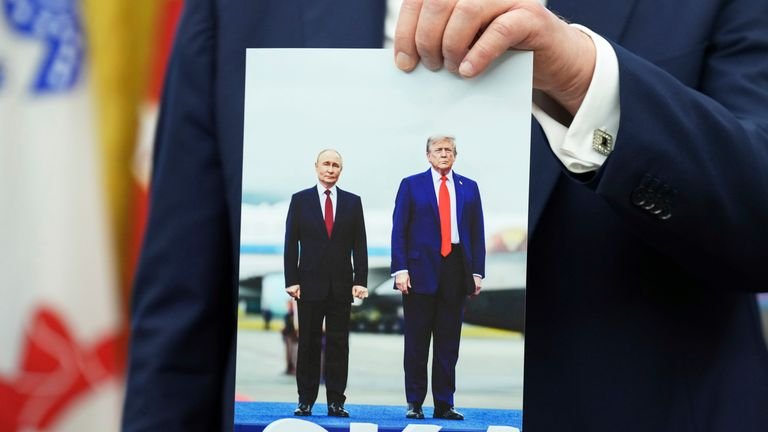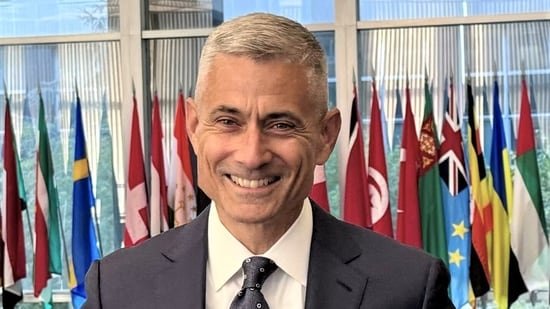IN 1958, UNDER the rule of Mao Zedong, China began the Great Leap Forward, a four-year attempt to transform the country from an agrarian society into a modern industrialised one. It was a disaster: the industrialisation was stillborn, and the collectivisation of farming caused one of the biggest famines ever recorded. Somewhere between 15m and 50m people are thought to have died.

In a working paper for the National Bureau of Economic Research, an American organisation, Eyal Frank, an environmental economist at the University of Chicago, and his colleagues examine one of the Great Leap Forward’s grimmer quirks. The “Four Pests” campaign aimed to rid China of flies, mosquitoes, rats—and sparrows. There was no great controversy about the campaign’s first three targets. But sparrows were singled out for destruction because Mao had heard complaints from farmers about the birds eating their grain and damaging crop production.

Scientists cautioned against the plan. Zhu Xi, a well-known biologist, cited a previous attempt at sparrowcide in Prussia in the 18th century, which resulted in an outbreak of other pests. But Mao did not listen, and the Four Pests campaign was taken up with zeal. People destroyed any sparrow nests they could find, and banged pots and pans to scare the birds away from any that were out of reach. Within two years, somewhere in the region of 2bn birds had been killed. Dr Frank’s paper suggests that the consequences of that policy would kill some 2m people, too.
Though it is true that sparrows eat grain, especially in the winter when other food is scarce, they also eat insects such as locusts and rice borers, which likewise attack crops. In the summer such insects make up most of a sparrow’s diet. As an ecologist might have predicted, once the sparrows had gone the population of those pests exploded, with many parts of the country experiencing severe infestations.
The policy of centrally redistributing crops made things even worse. Since the government was convinced that killing sparrows would mean more grain, it felt justified in taking more crops from the places that had exterminated the most birds. These two forces combined severely squeezed the food supply in certain regions, including Anhui province in the east and Guizhou in the south.
Dr Frank and his colleagues used climatic data, such as temperature and rainfall, to calculate how suitable each of China’s thousand-plus counties—an administrative division below a province—were for sparrows to live in. The more habitable a county was, they reasoned, the bigger the local sparrow population probably had been, and the more were killed during the Four Pests campaign. The researchers then compared agricultural production, population fertility and death rates in counties where sparrow habitability was high against those in which it was low.
The results make for grim reading. In highly habitable counties, grain output and fertility rates decreased and death rates rose (see chart) compared with less habitable ones. In total, Dr Frank and his colleagues estimate that the anti-sparrow campaign by itself accounted for nearly 20% of the fall in crop production during the famine. They reckon that loss, amplified by the effects of the redistribution system, killed about 2m people directly. Food shortages may have prevented another 400,000 from being born.
Eventually word reached the upper ranks of the Party that the sparrow massacre had done grave damage. In 1960 Mao decided to remove sparrows from the ranks of the “Four Pests”, replacing them with bedbugs. By this point sparrows were almost extinct, and China had to import 250,000 from the Soviet Union to try to restore their numbers. China in effect abandoned communism in the 1980s, and has never again experienced a famine on anything like that scale. As for the sparrows, their population eventually recovered. These days the birds are once again a common sight flitting around both the cities and the countryside.

All Access.
One Subscription.
Get 360° coverage—from daily headlines
to 100 year archives.

E-Paper

Full Archives

Full Access to
HT App & Website

Games
Already subscribed? Login





